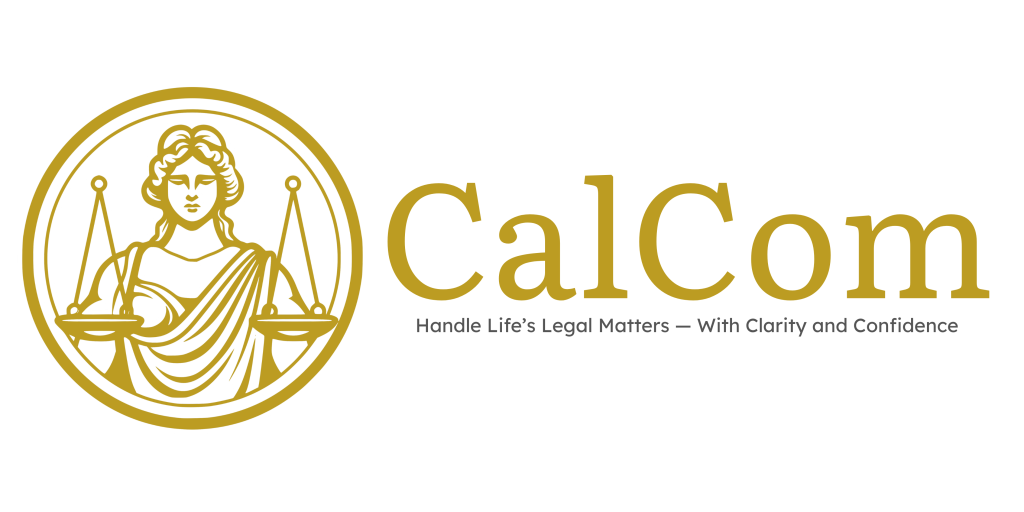Starting a small business can be an exciting and rewarding endeavor, but navigating the bureaucracy and red tape can be overwhelming for many aspiring entrepreneurs. One of the most common hurdles is understanding exactly what paperwork is required to legally establish and run your business. In this step-by-step guide, we’ll walk you through the essential documents, forms, and processes you need to complete in order to set up your small business successfully.
Choosing a Name and Checking Availability
One of the first steps in launching a small business is choosing a name. Your business name is a critical part of your brand identity, so it’s essential to choose one that is unique, memorable, and reflective of the services or products you offer. However, before you get too attached to your chosen name, you need to check if it’s available. You can do this by performing a business name search in the state or jurisdiction where you plan to register your business. This search will ensure that the name you’ve chosen is not already in use by another business, preventing potential legal conflicts down the road.
In addition to checking with state agencies, it’s a good idea to verify whether the domain name for your business name is available for your website, and whether your preferred social media handles are free to use. Securing a matching domain and consistent social media presence can help establish your brand’s online identity and make it easier for customers to find you.
Structuring Your Business
Once you’ve decided on a name, the next critical step is choosing a legal structure for your business. This decision will affect your liability, taxes, and how you manage the day-to-day operations. The most common business structures are:
Sole Proprietorship: The simplest form of business, where you are the sole owner and responsible for all aspects of the business. This structure requires the least amount of paperwork, but you will be personally liable for any debts or legal issues.
Limited Liability Company (LLC): A popular choice for small business owners, an LLC offers personal liability protection while maintaining flexibility in tax reporting. It requires filing articles of organization with the state and paying associated fees.
Corporation (Inc.): A more complex structure, ideal for businesses that plan to scale or seek investment. Corporations require more paperwork and formalities, including bylaws, shareholder agreements, and annual meetings.
Choosing the right structure depends on factors such as your business goals, the level of risk involved, and your tax preferences. Consulting with a business attorney or accountant can help you make an informed decision.
Getting an Employer Identification Number (EIN)
An Employer Identification Number (EIN) is a unique identifier issued by the IRS to businesses for tax purposes. It’s essentially the business equivalent of a Social Security number. You’ll need an EIN if your business has employees, operates as a corporation or partnership, or meets certain other criteria. Even if you’re a sole proprietor, it’s a good idea to obtain an EIN, as it separates your personal and business finances and can protect your identity.
You can apply for an EIN online through the IRS website, and it’s typically free. The process is simple and only requires basic information about your business, including its legal name, structure, and type of business.
Permits, Licenses, and Local Requirements
Depending on the nature of your business and where it’s located, you may need to obtain specific permits or licenses to operate legally. The requirements vary by state, city, and industry, so it’s essential to do your research early on. Some common permits and licenses include:
Business License: A general license required by most local governments to operate a business.
Sales Tax Permit: If you’re selling goods or services subject to sales tax, you’ll need to register for a sales tax permit with your state’s revenue department.
Health Department Permit: For businesses in the food industry, such as restaurants or food trucks, you’ll need permits from the health department to ensure sanitary operations.
Professional Licenses: Certain professions, such as doctors, lawyers, and real estate agents, require specialized licenses issued by the state.
The best way to find out what you need is to check with your local city or county government, as well as state agencies. Many jurisdictions have online databases where you can look up business license requirements based on your industry.
Contracts You’ll Probably Need
In the course of running a business, you’ll likely encounter situations where written agreements are necessary to protect both parties involved. Some common contracts every small business should consider include:
Client Contracts: Clear agreements outlining the terms of your relationship with clients, including the scope of services, payment terms, deadlines, and deliverables.
Employee Contracts: If you hire employees, you’ll need contracts that specify job duties, compensation, benefits, and termination policies.
Non-Disclosure Agreements (NDAs): When working with contractors, vendors, or employees, an NDA ensures that sensitive business information remains confidential.
Partnership Agreements: If you’re starting a business with one or more partners, a partnership agreement outlines the roles, responsibilities, and financial obligations of each partner.
Having these contracts in place protects you from misunderstandings and legal disputes, making it easier to navigate business relationships. Many small business owners consult an attorney to help draft these documents to ensure they are legally sound and comprehensive.
Resources for Staying Compliant and Organized
After completing the essential paperwork to establish your business, it’s crucial to stay organized and remain compliant with all applicable laws. Fortunately, there are a number of resources available to help:
Accounting Software: Tools like QuickBooks, Xero, or FreshBooks help you track income, expenses, taxes, and payroll.
Online Legal Services: Websites like LegalZoom, Rocket Lawyer, and LawDepot offer templates for various business contracts, operating agreements, and legal documents.
Government Websites: Federal and state government websites provide information on taxes, licenses, and other compliance requirements. You can also find resources for filing annual reports, paying taxes, and renewing business licenses.
Staying on top of your paperwork, keeping accurate records, and regularly reviewing your business’s legal obligations will help ensure that your small business runs smoothly and remains compliant with all laws and regulations.

